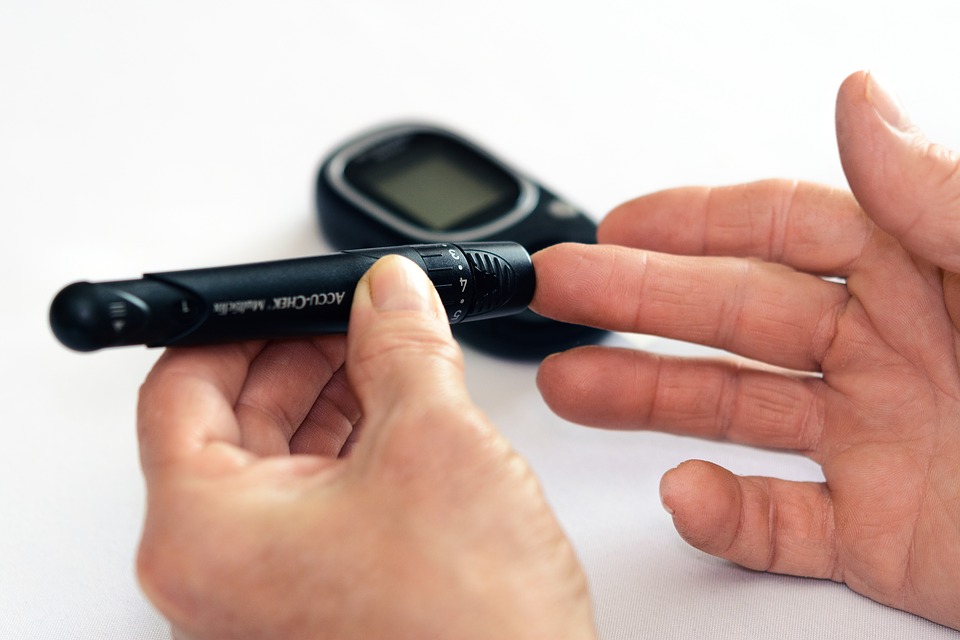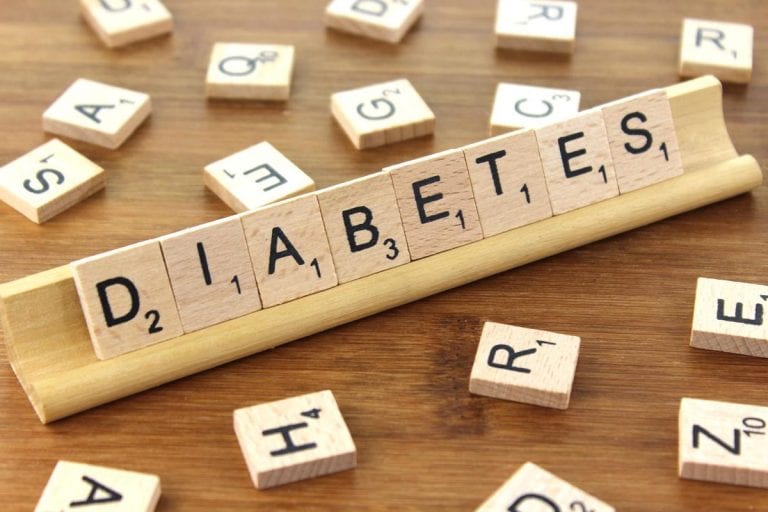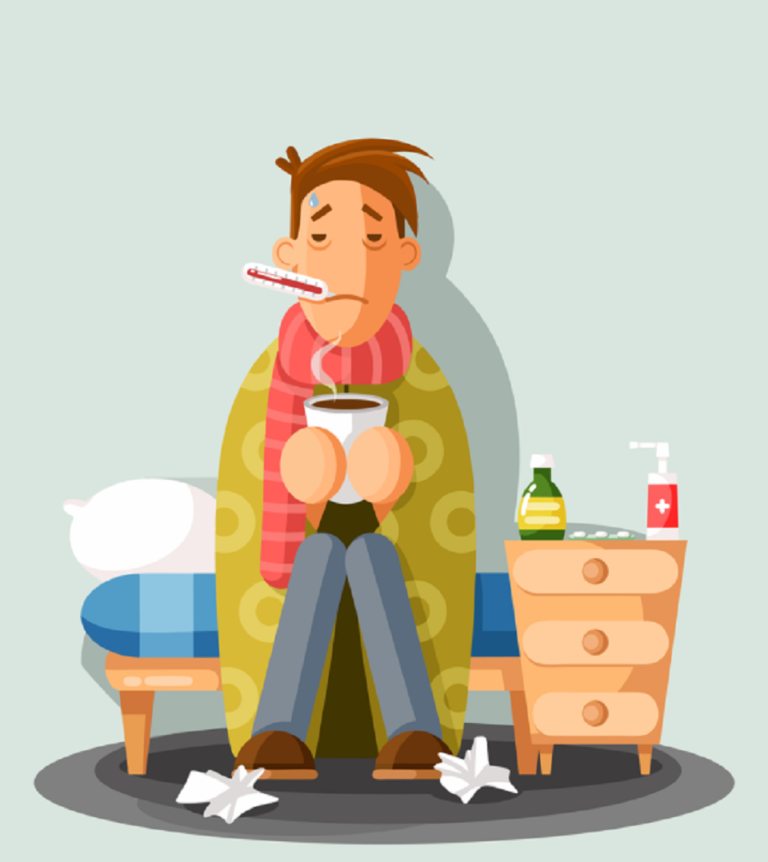
After receiving a diagnosis of type 2 diabetes, it might feel like you have no say over what’s happening to your health. But that’s not true. “There’s so much that people can do to be in control of their diabetes,” Eve Bloomgarden, M.D., an assistant professor of endocrinology at Northwestern Medicine says.
Of course, every case of diabetes is different. But in general, experts say there are a few things people with type 2 diabetes can do to better manage this condition.
Here are 4 steps to consider:
Ask your doctor if losing weight might help your condition.
Not everyone with type 2 diabetes would benefit from losing weight. This really varies from person to person, which is why you should always talk to your doctor before trying to lose weight in an attempt to control your type 2 diabetes.
With that in mind, it’s important to know that being overweight or obese has been associated with the onset or exacerbation of type 2 diabetes because it is linked with insulin resistance. Insulin resistance happens when your body can’t properly use the hormone insulin to regulate your blood glucose (i.e., sugar) levels. It can lead to excessively high blood sugar, prompting diabetes.
So, losing weight may help to lower your blood sugar levels by decreasing your insulin resistance. The exact amount of weight loss it takes to bring about this effect is different for different people (hence our strong recommendation to talk to your doctor). However, according to the Mayo Clinic, losing 5 to 10 percent body weight has made a difference for some people.
Focus on eating a well-rounded and nutritious diet.
There’s no one recommended diet for every person with type 2 diabetes. The American Diabetes Association (ADA) suggests that those with type 2 diabetes eat “nutrient-dense, high-quality foods with less focus on specific nutrients.” That essentially means an emphasis on fruits and vegetables, whole grains, fats from sources like nuts and seeds, and the like.
Following a healthy diet when you have type 2 diabetes can have various benefits, Shailendra Patel, M.D., Ph.D., division chief of endocrinology, diabetes, and metabolism at the University of Cincinnati College of Medicine says.
If your doctor advises you to lose weight, changing the way you eat can be one component of reaching that goal. (Keep in mind that lots of other factors play into weight loss, such as your physical activity, hormone levels, sleep habits, stress, genetics, and more.)
Eating in a healthy way for you may also help to lower your risk of some complications from type 2 diabetes, such as heart disease and stroke. (Diabetes-induced high blood sugar can harm blood vessels and related structures in a way that makes heart disease and stroke more likely.) For instance, following a healthy diet can lower your levels of “bad” cholesterol, which can plug up blood vessels and contribute to cardiovascular issues.
Focusing on more filling and nutritious foods can also make you less likely to eat as many refined carbohydrates or other foods that can make it hard to keep your blood sugar stable. “If you’re eating a lot of…sugar, you’re putting a lot of fuel into your body that gives you high blood glucose,” Dr. Patel says. That can cause blood sugar changes that might make it harder for you to keep your diabetes under control.
If you have type 2 diabetes and are trying to change your eating habits, it’s really important to remember that overly inflexible diets are usually impossible to stick to in the long-term. If you have questions about how to eat properly and control your diabetes, you should talk to your doctor or a registered dietitian specializing in the condition.
Exercise regularly.
If you have type 2 diabetes, the ADA recommends getting 150 minutes or more of moderate or vigorous physical activity every week. Instead of trying to pack it all into one or two days, the ADA notes that this should be spread over at least three days with no more than two days in a row of no exercise. As an alternative, if you’re physically able to handle it, you can do at least 75 minutes a week of vigorous exercise, like interval training.
It’s not all about cardio, though. The ADA also recommends doing two to three sessions a week of strengthening, resistance-based exercise on the days you’re not doing aerobic activity.
What are the benefits here? First of all, exercise can sometimes help with weight loss. (Just like any other element in the weight-loss equation, exercise is not the be-all and end-all here. You typically need a mix of lifestyle changes in order to achieve any weight-loss goals you may have, and even then, some of this is out of your control.)
Beyond that, exercise can contribute to lowering your blood sugar. Engaging in physical activity makes your body more sensitive to insulin, the ADA explains. This allows your body to make better use of glucose and insulin in the short-term, and over time, it can contribute to lower and more stable blood sugar levels.
Take your diabetes medication or insulin therapy as prescribed.
Not everyone with type 2 diabetes needs medication or insulin therapy, but that’s true for many people who have difficulty keeping their blood sugar.
There are a lot of options available here. The first-line type 2 diabetes medication is typically metformin. It works by reducing how much glucose your liver makes and improving how your body uses insulin to better manage your blood sugar. There are other types 2 diabetes medications out there, too, such as drugs that help your body produce more insulin or that make your body more sensitive to this important hormone.
Then there’s insulin therapy, which means you’re actually injecting yourself with insulin to make sure your body has enough. This might involve self-administering insulin with a shot every night, or throughout the day and night. Since everyone is different, your doctor should guide you on the right treatment plan for your health.
Taking medication or being on insulin therapy can be frustrating, but following your prescribed regimen is worth it. “Otherwise, you’re at risk of developing complications from diabetes,” Mark Schutta, M.D., medical director of the Penn Rodebaugh Diabetes Center says.

























